The content of the article
Castration of a cat today is a frequent procedure. The owners turn to such a decision for various reasons: to avoid various diseases (with medical indications), to stop the cat marking its territory, not to run around the streets, not to participate in the “battles”, not to breed homeless animals. Most of the owners of cats are sure that after castration the animal will forever forget about instincts. Such an opinion is often erroneous. And after the operation, some males are attracted to the opposite sex.
Causes of cat sexual desire after castration
Castration is a simple surgical procedure that removes the testis. It is best to operate a cat for up to a year before the breeding instinct has appeared. It is important to note that it is not advisable to castrate an animal under the age of 8 months, since its body has not yet been completely formed and this may face serious complications in the future.
Do not forget that any contact with another animal can lead to infection of various types of diseases, parasites, etc. Castration will help get rid of such risks.
It is believed that after the removal of the gonads, the animal’s sexual desire ceases. In particular, it is, but there are always exceptions to the rules. In such cases, the behavior of the cats remains the same as before the surgical intervention. The main reason is if the castration was performed after an active sex life of the male. This is the so-called desire of the cat on an instinctive level. There are also a number of other reasons why an animal after castration does not change its behavior towards a cat:
- Lack of attention to the owner (neutered cats become more domestic, requiring constant interest in their person).
- Hormonal residues (hormonal level decreases gradually over several weeks).
- Stress reaction.
- Having another cat / cat in the house.
- Jealousy (especially pronounced when a child or a new family member appears).
- Failure in the body.
- Surplus of testosterone (a hormone that is responsible for the male's sexual desire).
A separate role in the behavior of the animal is heredity, character and diet.If, after castration, the cat not only does not change its attitude towards the female, but on the contrary, it becomes more aggressive and persistent, it is necessary to show it to the doctor after 3-4 months. Most likely, the animal had health problems.
It happens that sexual desire is a common mistake of the doctor. Perhaps, a young inexperienced specialist removed only one testicle, and the owner did not say that the latter was left in the abdominal cavity due to a birth defect (cryptorchidism). In this case, the owner will have to repeat the operation. That is why it is not advisable to save on such an operation and turn to pseudoprofessionals.
To fight the cat's attraction after castration is not difficult: it is necessary to apply hormone therapy, which the doctor prescribes.
Is castration necessary?
Nature has created cats with a strong breeding instinct. He will by any means seek his own. During the hormonal explosion, the animal becomes aggressive, especially for residential cats, which are limited in walking. A pet for which walking is not a limitationcan go to the "spree" for a few days and quietly exist without food and water. Returning while exhausted, with different types of injuries.
Positive aspects of castration:
- the animal stops marking housing;
- does not scream, demanding a female around the clock;
- at any opportunity, not in a hurry to the street;
- the probability of different types of diseases decreases;
- on average, the life cycle increases by 2-4 years.
Negative sides of castration:
- there is a predisposition to rapid weight gain;
- urolithiasis may occur;
- the animal becomes lazy, indifferent, inhibited;
- sometimes the habit of tagging remains;
- in rare cases, the manifestation of aggression.
Preparation for surgery
14 days prior to castration, the cat must be given pills for worms and finish all vaccinations prescribed by a veterinarian.
It is also necessary:
- Pass urine and blood tests.
- Preliminary examination by a doctor. In the case of cardiovascular diseases or liver disease, any doctor will refuse to undergo surgery and will prescribe an additional complete examination of the animal. This is due to the fact that castration can be fatal.
- The cat should not suffer from excess or lack of weight.
The owner needs to know that even if the animal suddenly showed a desire to mate, then it is not for long. On the expiration of a certain amount of time, the wishes of the cat will weaken and disappear altogether. The owner must be patient and surround your pet with maximum care and attention. Such a pet quickly pacified and no longer bother family members.
Video: castration of dogs and cats - the pros and cons

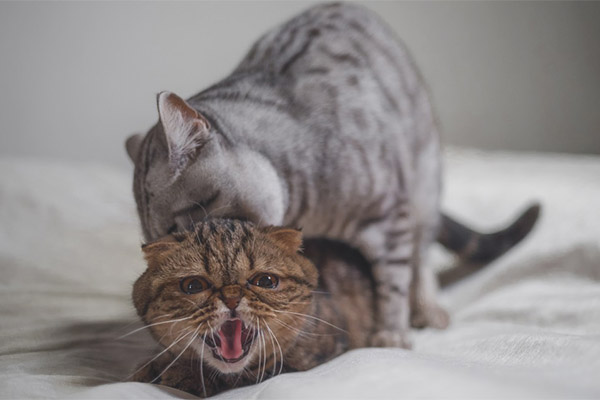
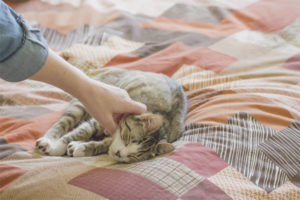
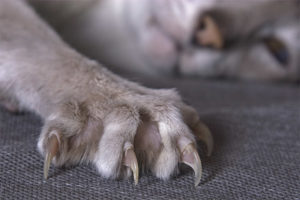
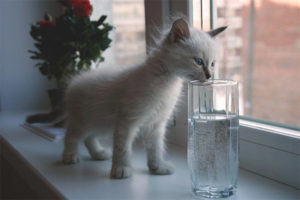
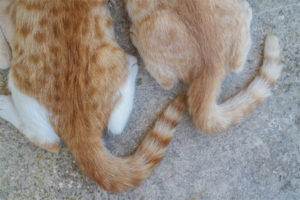
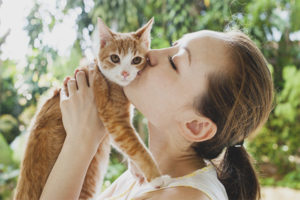

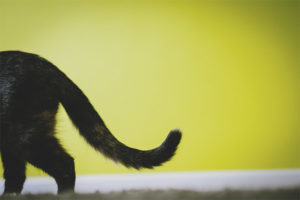

To send